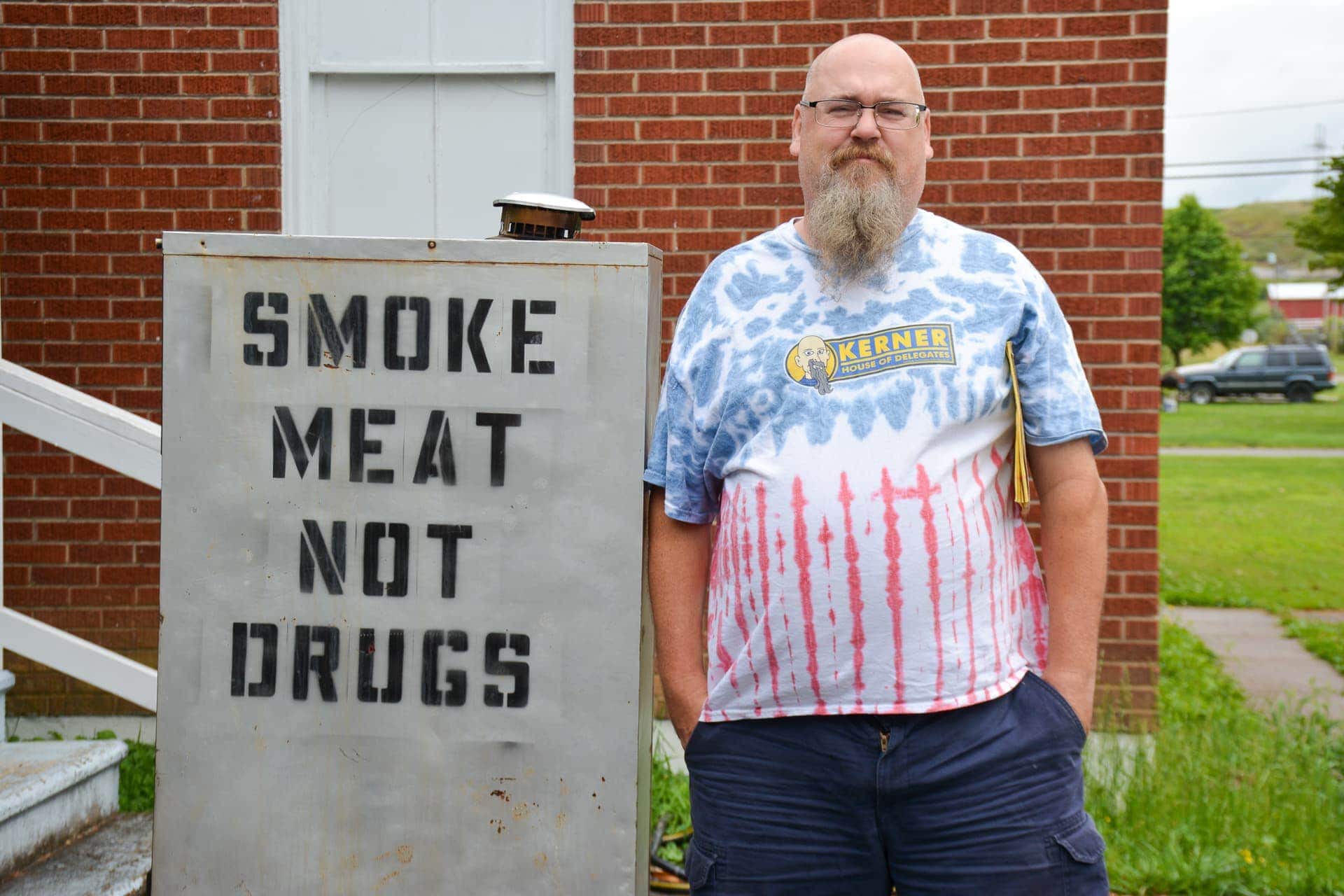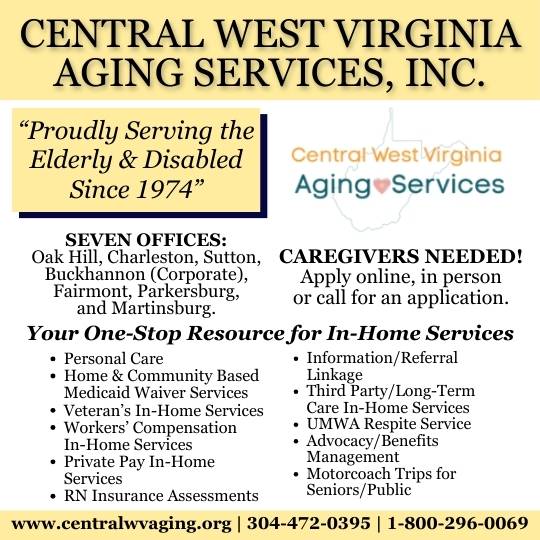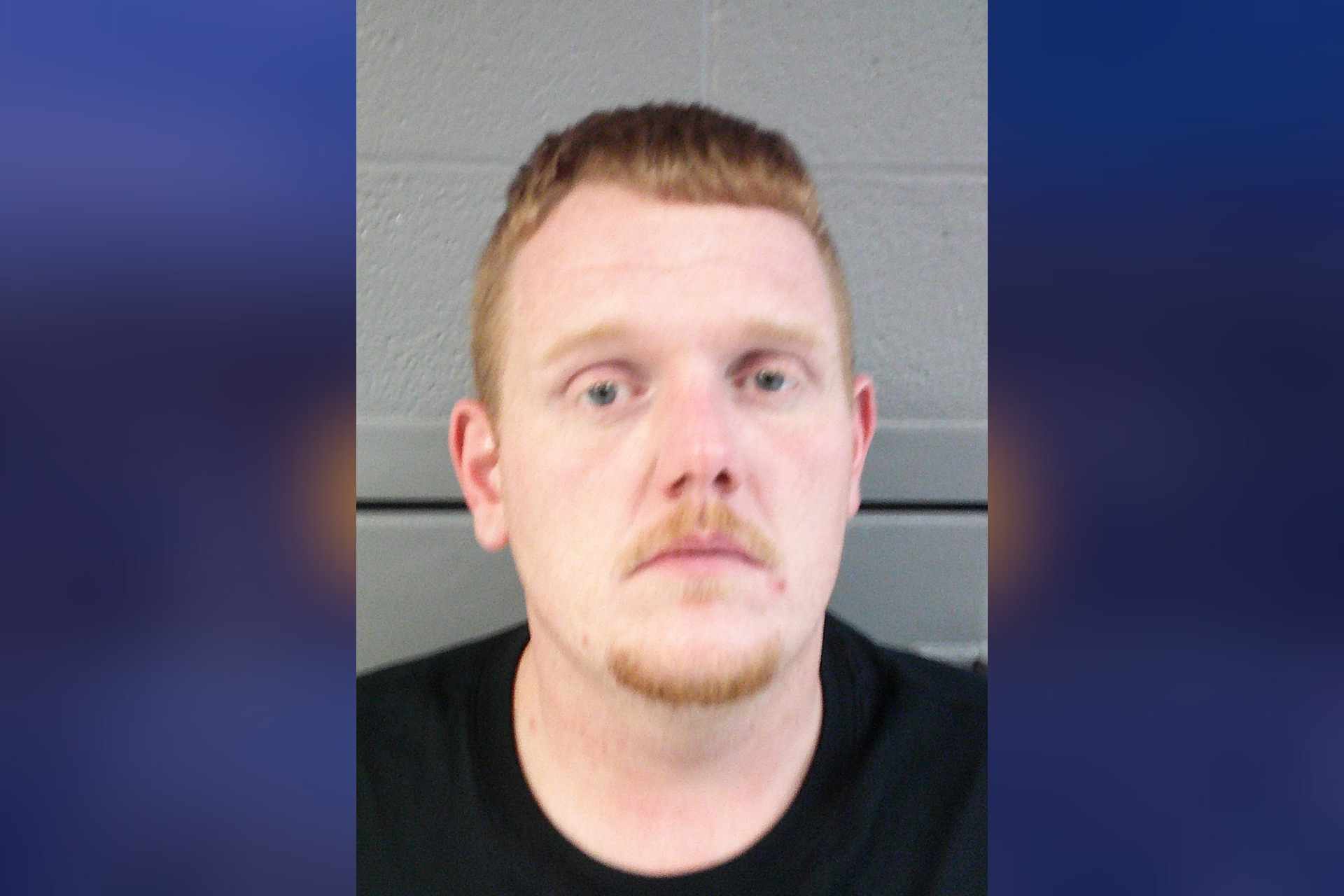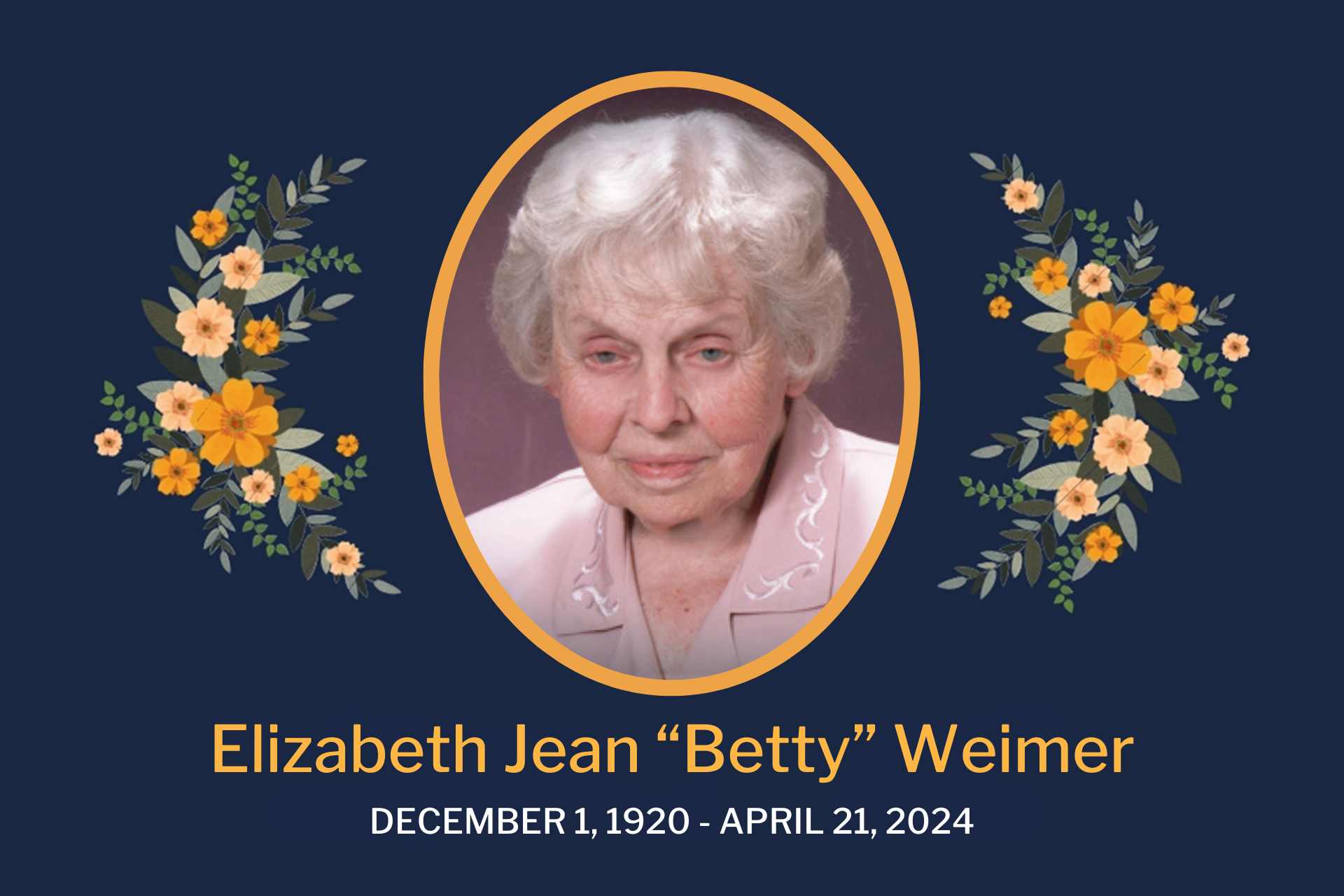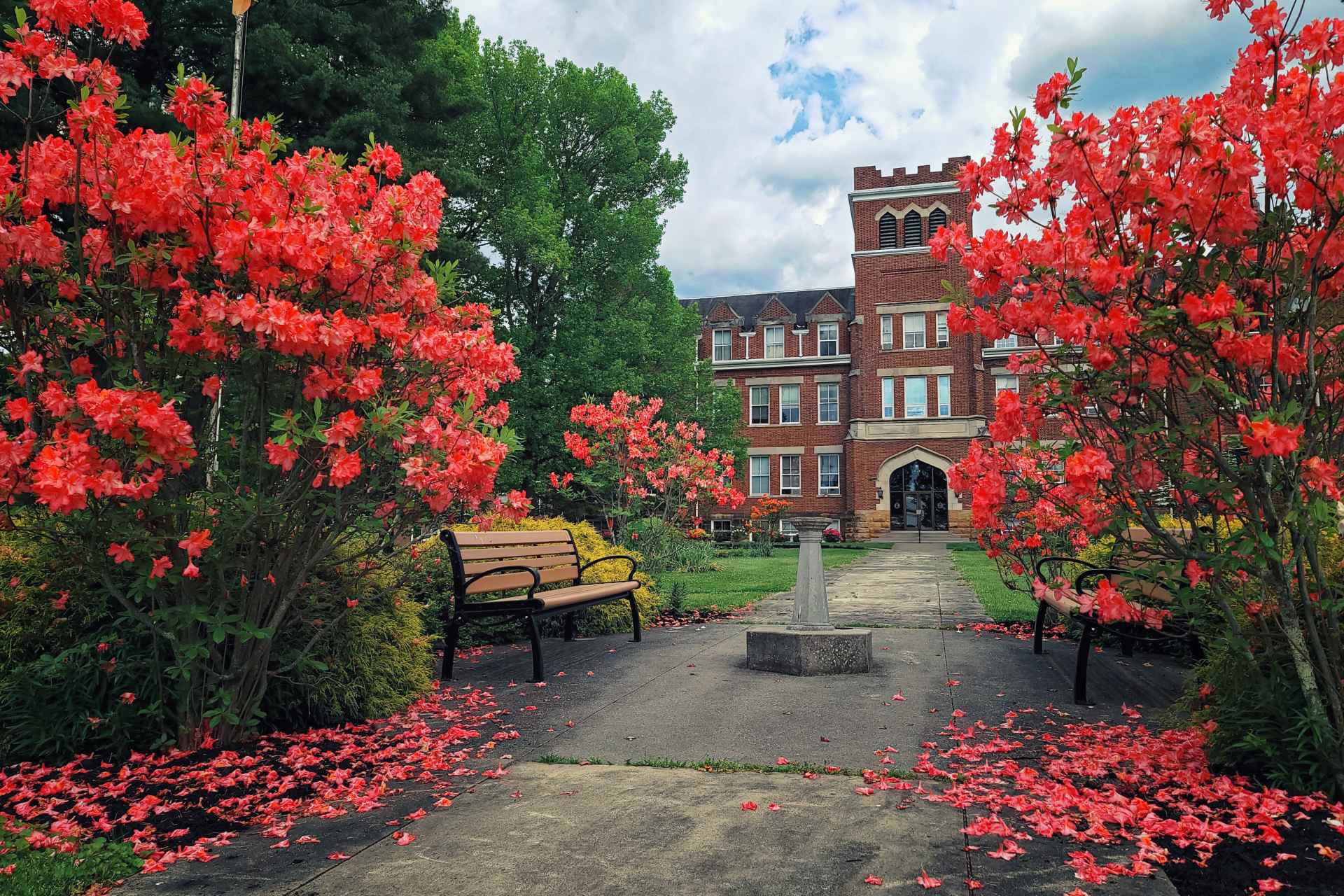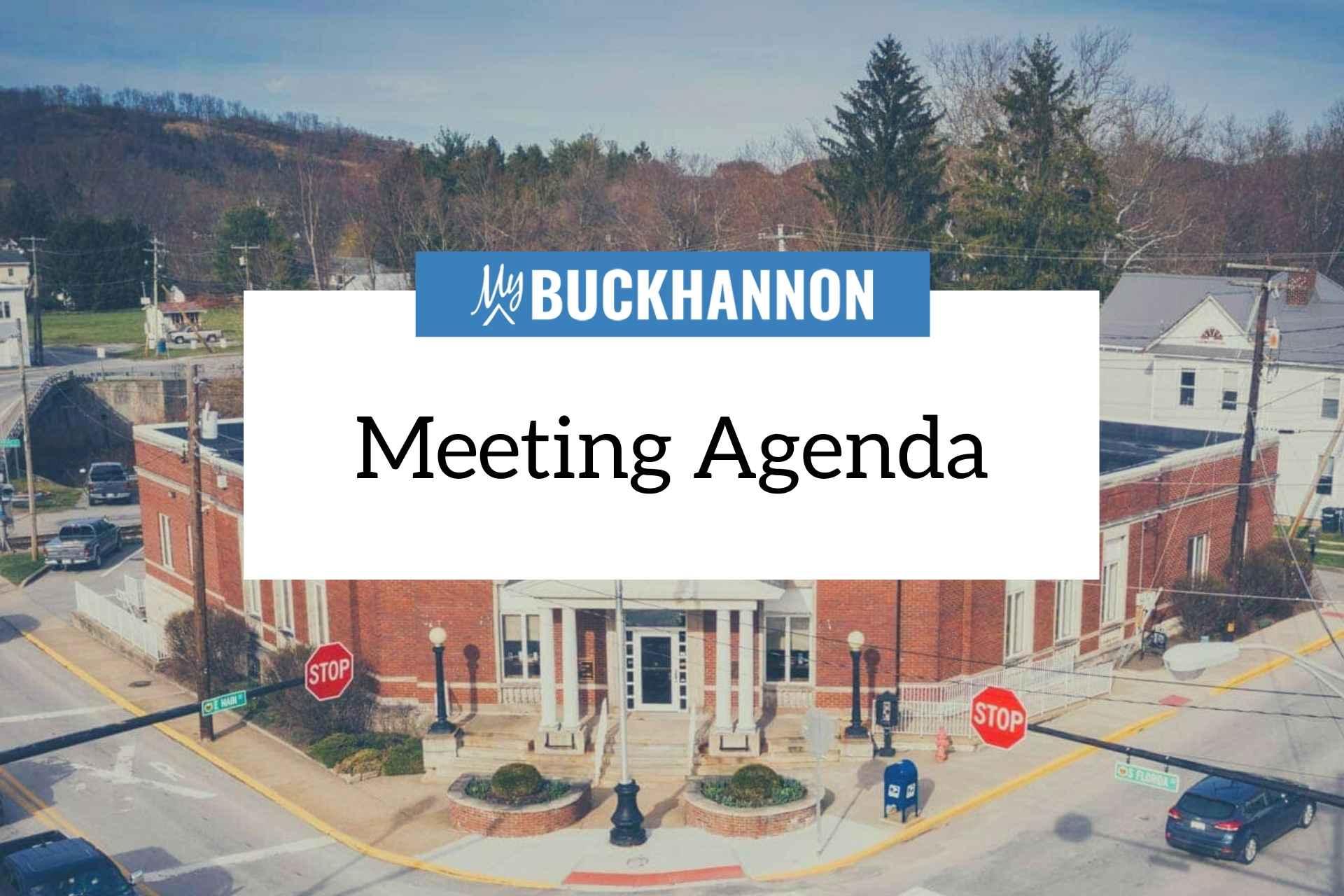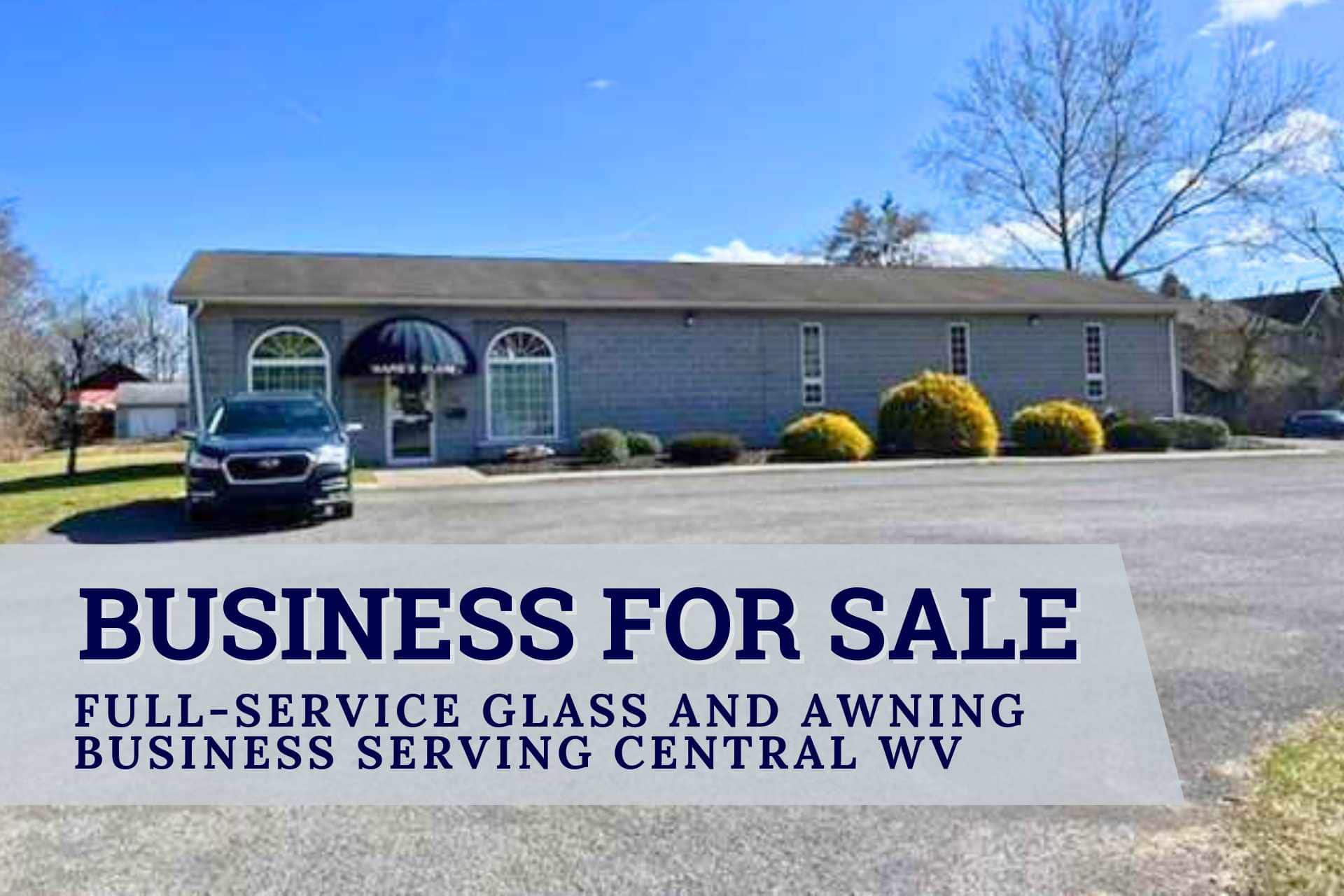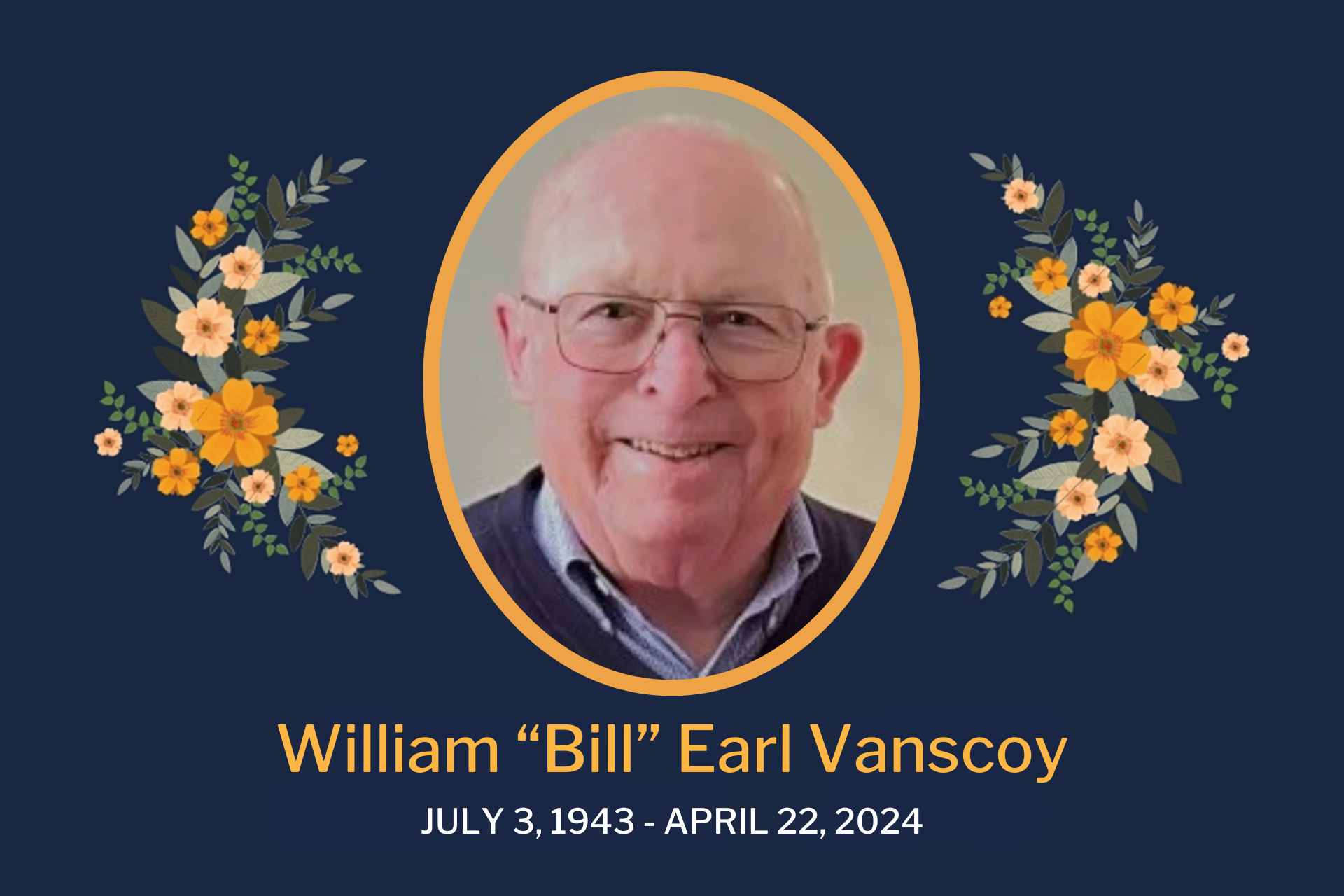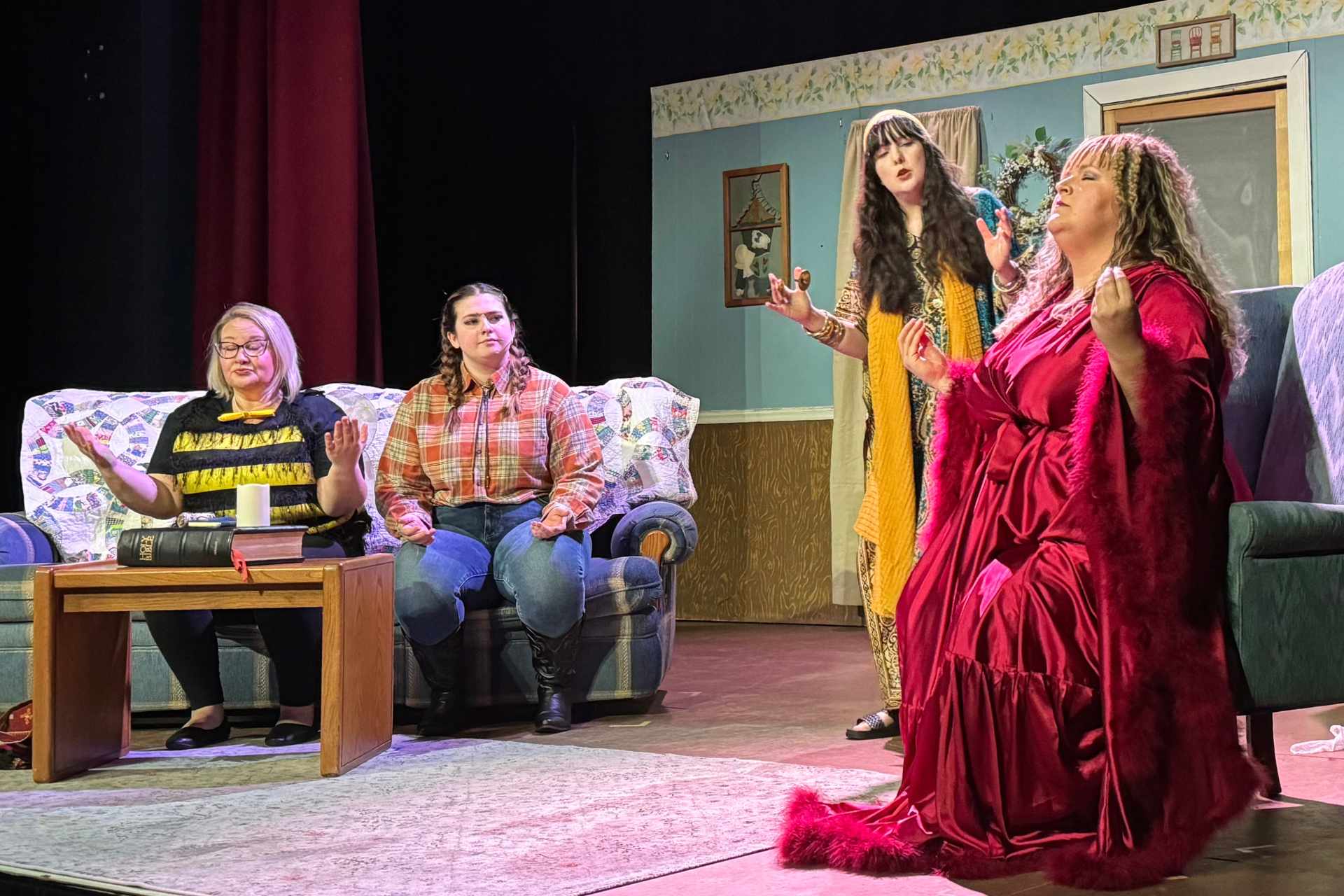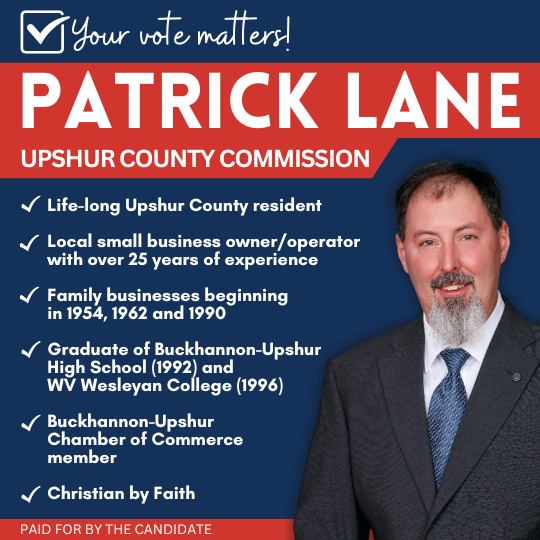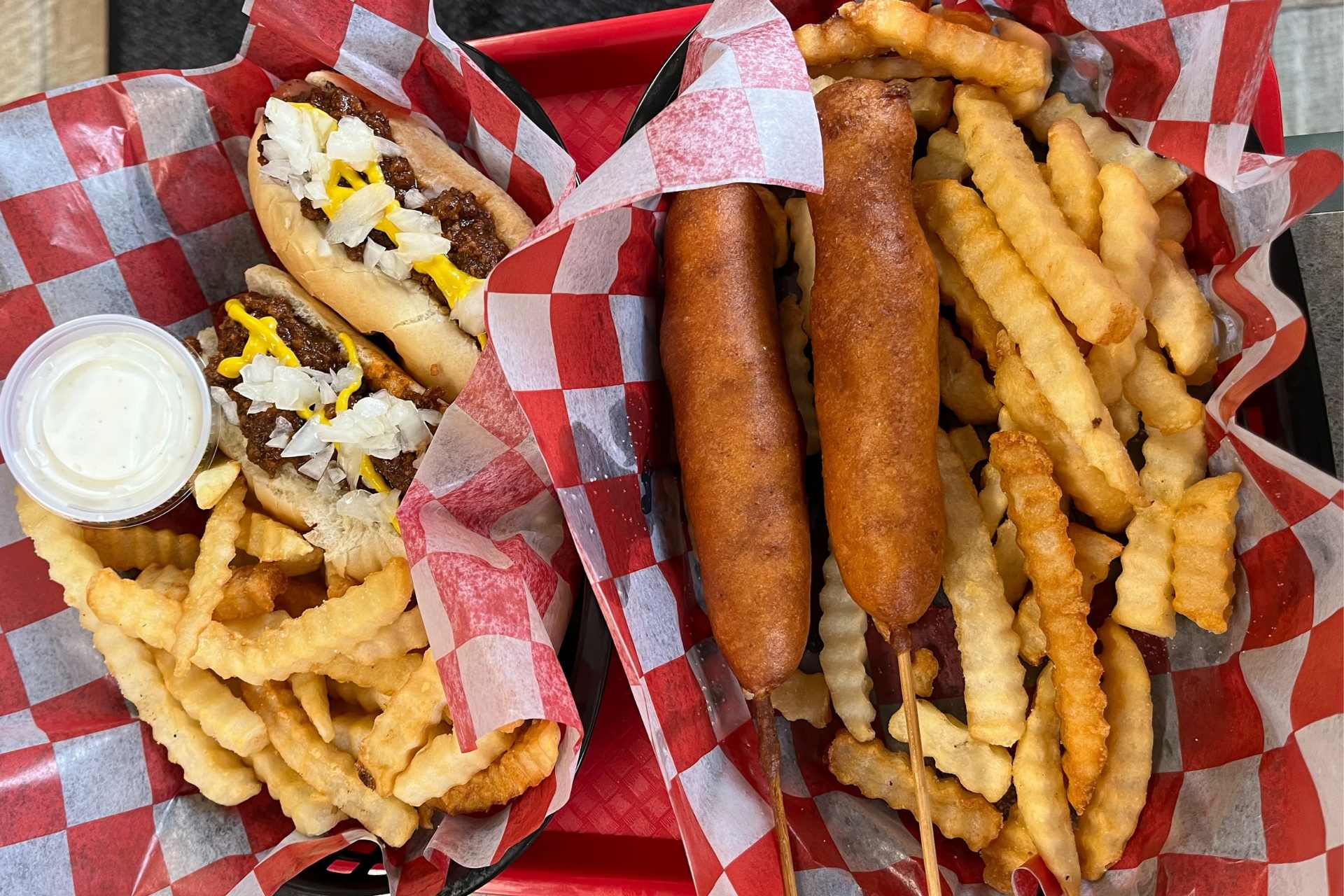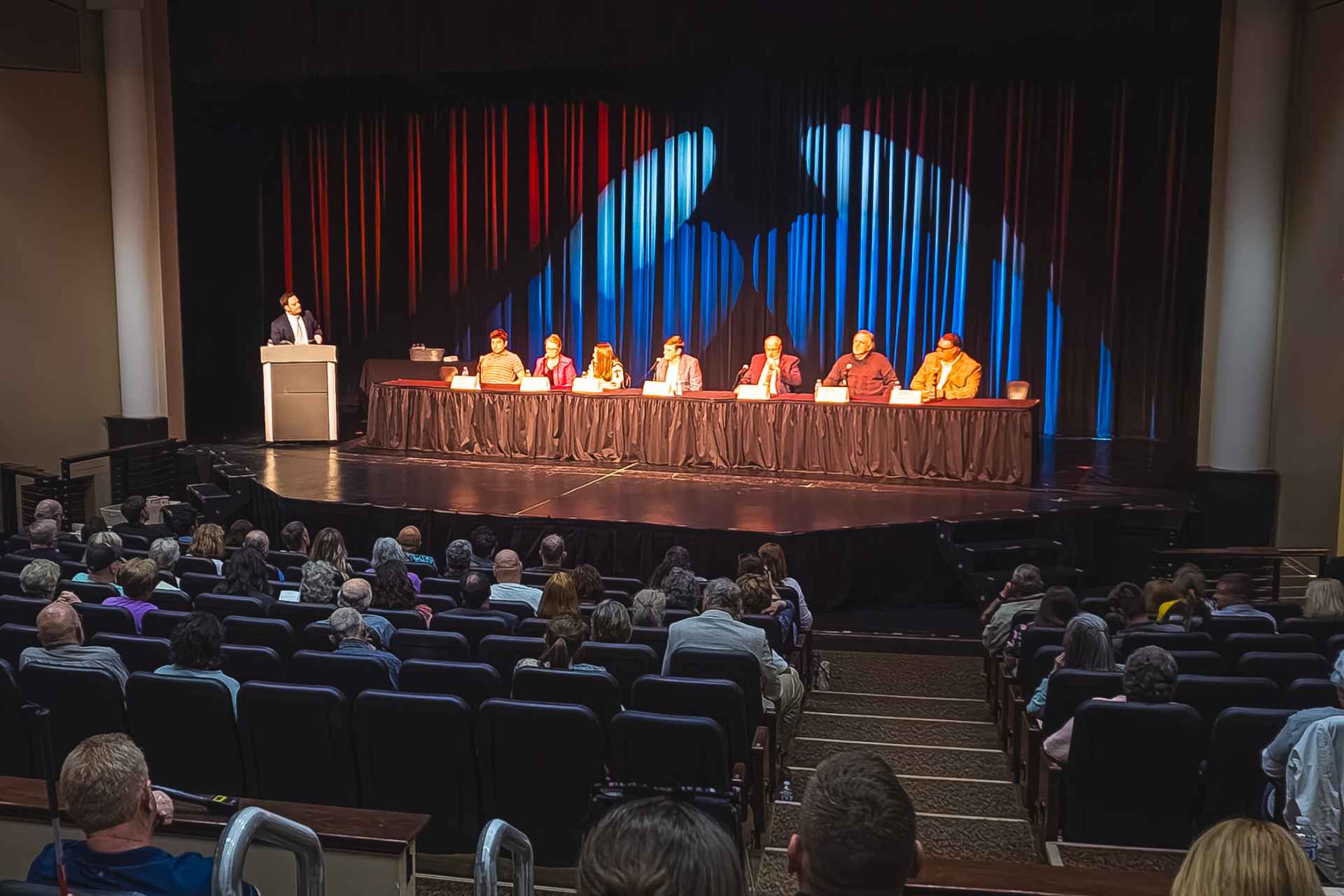BUCKHANNON – The Opportunity House, Inc. has seen better days, financially speaking.
But there’s finally hope on the horizon.
That’s the long and short of it, according to executive director Matt Kerner, who says the nonprofit dedicated to providing supportive, safe housing to people recovering from addiction – as well as recovery coaching to clients in Upshur, Lewis, Barbour, Braxton and Randolph counties – is on the upswing after several months of financial difficulties.
“There’s finally a light at the end of the tunnel,” Kerner told My Buckhannon Tuesday morning, “and it’s not a train coming. It’s just a light.”
Several factors, including the loss of funding from federal agencies and a mistake Kerner admits he made in complying with state grant reporting requirements, combined to create the money woes.
Kerner said the agency’s current financial difficulties actually originated several years ago, when its funding sources decreased.
“Our funding used to be diversified,” he said. “I had funding from the state of West Virginia and two federal agencies – from HUD (U.S. Department of Housing and Urban Development) and the Veterans Administration (U.S. Department of Veterans Affairs).”
Three or four years ago, the Opportunity House lost about $285,000 in grant funding from HUD when Kerner decided the nonprofit’s mission was incongruent with the West Virginia Coalition to End Homelessness’s adoption of a ‘housing first’ model.
“Several years ago, the West Virginia Coalition to End Homelessness, which manages a 44-county continuum that we’re part of, decided that they wanted to mandate that every homeless program use a model that they call ‘housing first,’ which means there’s no barriers to entry, but there’s really no obstacles to maintaining your housing,” Kerner explained.
Under the model, people don’t have to be sober or maintain sobriety to maintain their dwelling; the philosophy is, basic needs – such as food, water and shelter – must be met before a person can tackle addiction or other behavioral health issues.
“There’s a place for that,” Kerner said. “Some people are never going to get better, some people are never going to recover, and they don’t deserve to freeze to death under a bridge because of that. Some people have serious mental illnesses that they’re never going to overcome.”
“But, [the state coalition to end homelessness] wanted everyone to follow that path,” Kerner continued, “so, what they would have meant for us … is I would have had to tell 12 guys at Opportunity House, ‘you guys have to stay clean and sober here, but if you start shooting heroin, we’ll give you your own apartment.’”
At the time, the Opportunity House maintained a 15-unit leasing program that included both houses and apartments, which they’ve since discontinued.
“We couldn’t maintain our organizational integrity and do that,” he said of the housing first approach.
That’s because the Opportunity House has a zero-tolerance policy, meaning that if a resident uses a controlled substance, he’s automatically kicked out of the program.
“Because we refused to switch to a housing-first model, we were ranked at the bottom [of the state coalition to end homelessness], which cost us about $285,000 in funding through HUD,” Kerner explained.
The Opportunity House also lost some funding from the VA due to its refusal to follow the housing first model and its distance from the Louis Johnson VA Medical Center in Clarksburg.
“At that point, the only money I had was some state money to run our recovery coach program and some for Opportunity House, which fortunately, the money that the state was paying us for Opportunity House increased right after that, and it basically offset the loss of the VA money,” Kerner said.
Money from the State of West Virginia is funneled through the W.Va. Department of Health and Human Resources’ Bureau for Behavioral Health and Health Facilities.
“We have managed though, over the last several years, to keep all three houses operating and the recovery center basically on money that’s just meant for the recovery coach program and for Opportunity House … but over time, we were basically pulling money out of our cash reserves to maintain that level of operation,” Kerner said. “Then, there were a series of unfortunate events – it was like a perfect storm. Our funding went from three agencies to one. I just didn’t read all the fine print in the grant agreement.”
Kerner says he didn’t notice a change in reporting requirements attached to state grant monies and a mandate to have audits conducted within a certain time frame.
“Partially, I dropped the ball,” he said. “I missed a change in my reporting requirements – I’d done the same thing for 10 years and just assumed everything was the same.”
On Tuesday, Kerner said he was feeling optimistic, noting he’d just submitted all the data necessary to the Opportunity House’s accountant to “get everything back on track.”
Grant money from the state hasn’t disappeared; Kerner just hasn’t been able to access it. That’s had some negative consequences for the nonprofit. In 2015, the Opportunity House employed eight people, but now it has only two employees – Kerner and case manager/recovery coach, Frank Pensule. Once it had an annual budget of close to $1 million, which has since been reduced to just under $300,000.
But erner said he wants to emphasize the agency isn’t going anywhere.
“I’ve been asked that – no, we’re not shutting down,” he said. “Yes, we have hit some bumps in the road, but we’re moving past that. We’ve managed to struggle through the problems, and we’re coming out the other side now. I would like to acknowledge Frank, who’s hung in there through a lot of late paychecks.”
“We’re really grateful for Frank (Pensule), our case manager, who has stuck with us despite our financial troubles impacting him personally,” Kerner added.
He said a $2,000 Walmart grant Opportunity House received last week was a godsend when cash flow wasn’t exactly flowing.
“There couldn’t have been better timing for that. I don’t think we were ever in danger of shutting down completely, but we were on the verge of having to make some tougher decisions,” Kerner said.
He said Opportunity House is a critical bridge to recovery in the Buckhannon-Upshur community and surrounding area.
“We continue to have people dying all over the state,” he said. “We get phone calls a couple times a week for taking somebody to detox or something like that or walking somebody through the process over the phone of how that happens. Most people don’t do know where to go or what to do when that impacts somebody in their family, so I think we’re an important bridge to that.”
The Opportunity House is likewise a bridge to a new lifestyle for many individuals.
“We work with a lot of people who are coming home, and they’ve been in a treatment or detox facility – sometimes, they’ve been in jail or prison – and we try to introduce them into a new recovery-based lifestyle instead of the life that they were in,” he said. “When people come out of rehab and they go back into the same environment they left, they relapse.
“It’s almost inevitable, so we try to help people learn to change gears and live a recovery-oriented lifestyle. They have to change almost everything they do. Recovery happens more often in community than in isolation, so we try to provide that community.”
The Opportunity House also supplies addiction recovery support services free of charge to community members at the Recovery Center on Cleveland Avenue.
Anyone who wishes to make a donation to sustain the nonprofit can do so easily on its website, www.opphousewv.org, via PayPal or by mailing a check made out to Opportunity House, Inc. to P.O. Box 387, Buckhannon, WV 26201.
